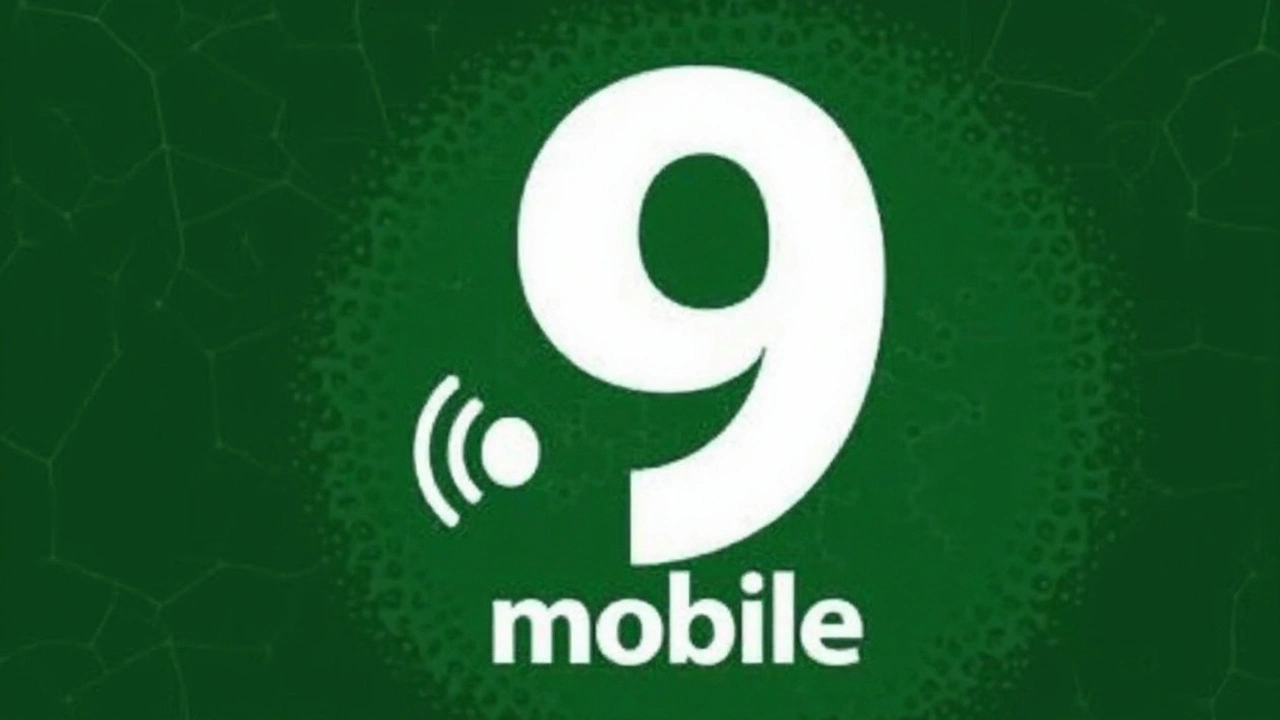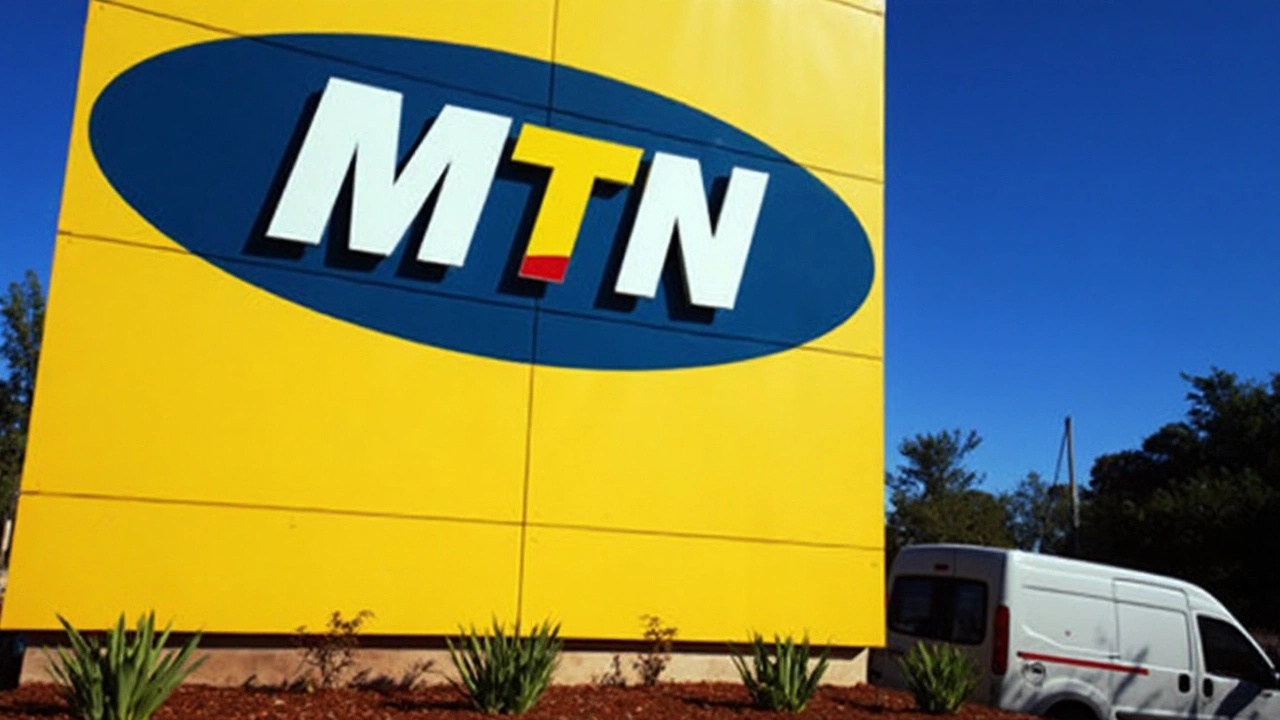MTN Nigeria and 9mobile Join Forces for Nationwide Roaming
This isn’t your everyday mobile partnership. MTN Nigeria and 9mobile have struck a three-year national roaming agreement, with the stamp of approval from the Nigerian Communications Commission (NCC). In plain terms, this means Nigerians on 9mobile can now roam freely onto MTN’s massive coverage, bringing service to places that were previously just blank spots on the map.
For many of 9mobile’s 2.8 million users, this deal could turn the tide. They’ll be able to use their phones in more places—rural villages, outlying towns, and underserved city corners—without worrying about higher charges. Subscribers keep paying their regular 9mobile rates, but get to surf on MTN’s broader, more robust network. That means fewer dropped calls, faster internet, and an overall smoother mobile experience, regardless of their location in Nigeria.
The move comes as 9mobile tries to reverse a slow erosion of its customer base over recent years. Losing ground to bigger players, the network knew it needed something bold. CEO Obafemi Banigbe didn’t mince words, calling this new partnership a ‘bold resurgence.’ The focus is on delivering reliable, high-quality service to young users and businesses who can’t afford interruptions in a digital-first world. If you’re in the north or south, improvements are coming soon—with the changes rolling out city by city.

Spectrum Leasing and Industry Collaboration Set the Stage
This isn’t just about sharing towers. There’s a technical backbone too: 9mobile will lease part of its valuable spectrum to MTN for three years. That’s 5MHz from the 900MHz band and 15MHz from the 1800MHz band. This extra bandwidth lets MTN pump even faster data speeds and more stable connections into the places where internet traffic is thickest—think Lagos rush hour, Abuja’s growing suburbs, and busy commercial zones.
On MTN’s side, CEO Karl Toriola underlined how the deal fits into an industry trend toward working together rather than competing head-to-head for every square kilometer. The partnership trims wasteful duplication—no need for both companies to build separate, expensive infrastructure in the same spots. By using existing towers and network assets more efficiently, both operators can redirect cash to where it’s needed most—innovations, new services, and reaching new communities.
The NCC has been pushing for this kind of collaboration for years. Leaders there see infrastructure sharing as the fastest path to getting every Nigerian, whether in the heart of a city or far out in the bush, connected to quality mobile service. If it pans out, we could see more companies team up instead of running solo, turning Nigeria’s digital ecosystem into one massive, interwoven network—much better for users, and possibly gentler on wallets too.

8 Comments
parlan caem July 9 2025
This partnership looks like a desperate band‑aid for 9mobile’s crumbling subscriber base, a shameless sell‑out that masks their incompetence.
Mayur Karanjkar July 11 2025
From a network architecture perspective, leveraging shared RAN resources will optimize spectral efficiency and reduce CAPEX.
Sara Khan M July 13 2025
Honestly, it’s about time they fix the dead zones 🙄📶.
shubham ingale July 15 2025
Great move, Nigeria finally gets the coverage it deserves! 🎉
Ajay Ram July 16 2025
The recent MTN‑9mobile national roaming agreement represents a pivotal moment in the evolution of Nigeria’s telecom landscape.
By allowing 9mobile subscribers to seamlessly transition onto MTN’s expansive infrastructure, the deal addresses long‑standing disparities in geographic coverage that have hampered economic participation in rural areas.
Moreover, the lease of 5 MHz in the 900 MHz band and 15 MHz in the 1800 MHz band to MTN unlocks additional capacity that can be re‑purposed to bolster data throughput in congested urban corridors.
From a policy standpoint, this collaboration aligns with the NCC’s strategic vision of fostering infrastructure sharing to curtail redundant capital expenditures.
In practice, users will likely notice fewer dropped calls, accelerated download speeds, and a more consistent voice‑over‑LTE experience.
The partnership also serves as a case study for how competitive rivalry can be transformed into cooperative synergy without compromising market competition.
While some critics may argue that such arrangements dilute brand differentiation, the reality is that consumer welfare improves when networks interoperate.
For small businesses operating in underserved markets, reliable connectivity can be the difference between thriving and merely surviving.
Young professionals, who form a substantial segment of 9mobile’s subscriber base, will benefit from smoother video conferencing and online learning capabilities.
It is also worth noting that the financial relief generated by shared tower usage allows both operators to reallocate resources toward innovative services such as edge computing and IoT platforms.
Historically, telecom operators in Nigeria have erected parallel infrastructures, a practice that not only wasted spectra but also contributed to visual clutter.
The move toward a more integrated network fabric may inspire further alliances, perhaps even beyond the two incumbents, fostering a holistic digital ecosystem.
From a cultural perspective, bridging the digital divide reinforces national unity and supports governmental initiatives aimed at inclusive development.
As Nigeria continues its rapid urbanization, the demands on mobile networks will only intensify, making collaborative models increasingly indispensable.
Ultimately, the success of this venture will be measured by tangible improvements in user experience across both metropolitan and remote locales.
I remain optimistic that this synergy will set a precedent, encouraging other operators to pursue similar mutually beneficial arrangements.
Dr Nimit Shah July 18 2025
While I applaud the effort to unify network reach, it’s evident that only a truly Nigerian‑centric vision can sustain long‑term growth, and this collaboration feels like a half‑hearted attempt to preserve market dominance rather than a genuine service‑focused endeavour.
Ketan Shah July 20 2025
It would be interesting to examine how this arrangement compares to similar roaming agreements in Kenya and South Africa, where operators have also leveraged spectrum sharing to enhance rural penetration without compromising competition.
Aryan Pawar July 22 2025
Let’s celebrate this step forward it means more people staying connected even in the hardest places keep the momentum going for better networks across the nation